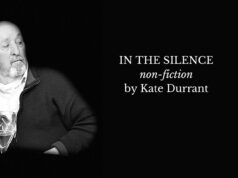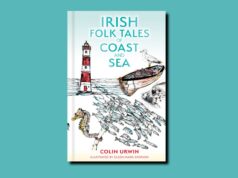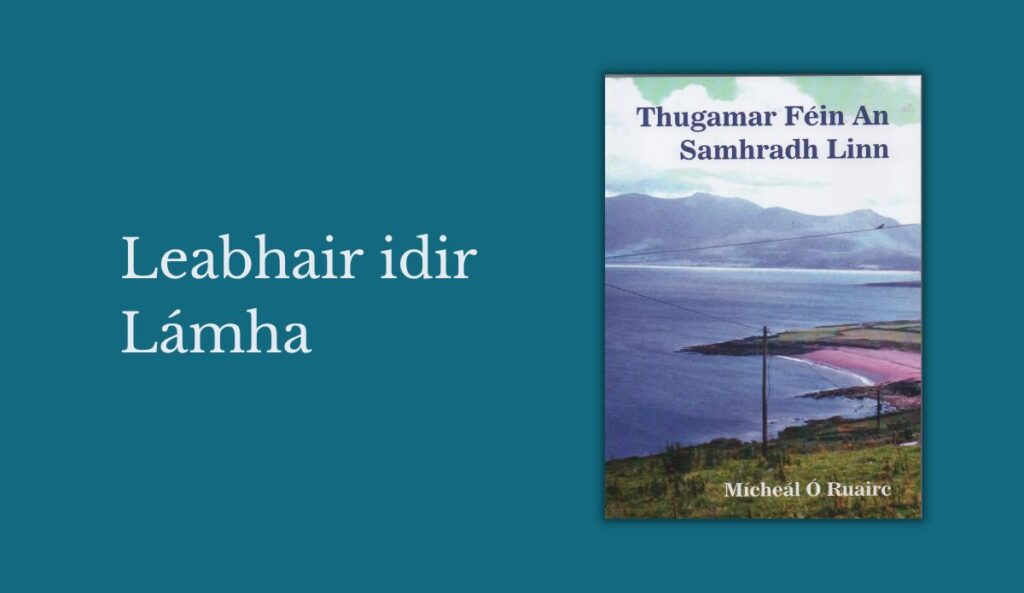
Thugamar Féin an Samhradh Linn|Micheál Ó Ruairc|Coiscéim
Somewhere between a memoir and a collection, Thugamar Féin An Samhradh Linn gives an idea of the man, and the writer he became
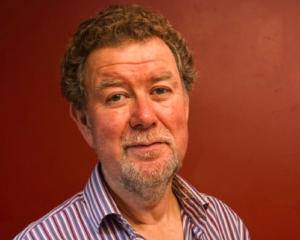
Cathal Póirtéir is a prolific writer and broadcaster focusing on Irish-language literature, folklore, and history. His latest publication, An Tiarna George Hill agus Pobal Ghaoth Dobhair, is out now with Cló Iar-Chonnacht.
by Cathal Póirtéir
Micheál Ó Ruairc has been a regular prize-winner in the annual Oireachtas na Gaeilge Literary Awards for the past twenty years. The Kerry native is a deservedly acclaimed writer of short stories and poetry in Irish. He has published widely in magazines and newspapers as well as several collections of poetry and stories, including the excellent short story collection Daoine a Itheann Daoine in 2010 (reviewed in Books Ireland). He is the author of several poetry collections and, drawing on a lifetime teaching in Dublin and elsewhere, several short novels for adult learners of Irish and books for young adults.
His latest book is somewhere between a memoir and a collection of occasional writings
His latest book is somewhere between a memoir and a collection of occasional writings. It gives readers some idea of the background and life experiences of the Kerry youngster who became an educator and writer. The book begins with his family background on the shores of the northern part of what we now call the Dingle Peninsula, nestling below Mount Brandon. His childhood and youth were typical enough for a rural boy of his vintage but he was particularly fortunate in having inspiring teachers and a consequent interest in literature and history which stood him well over the years. He comes across as a shy and bookish boy who was lucky enough to benefit from free secondary education and entry to University College Cork.
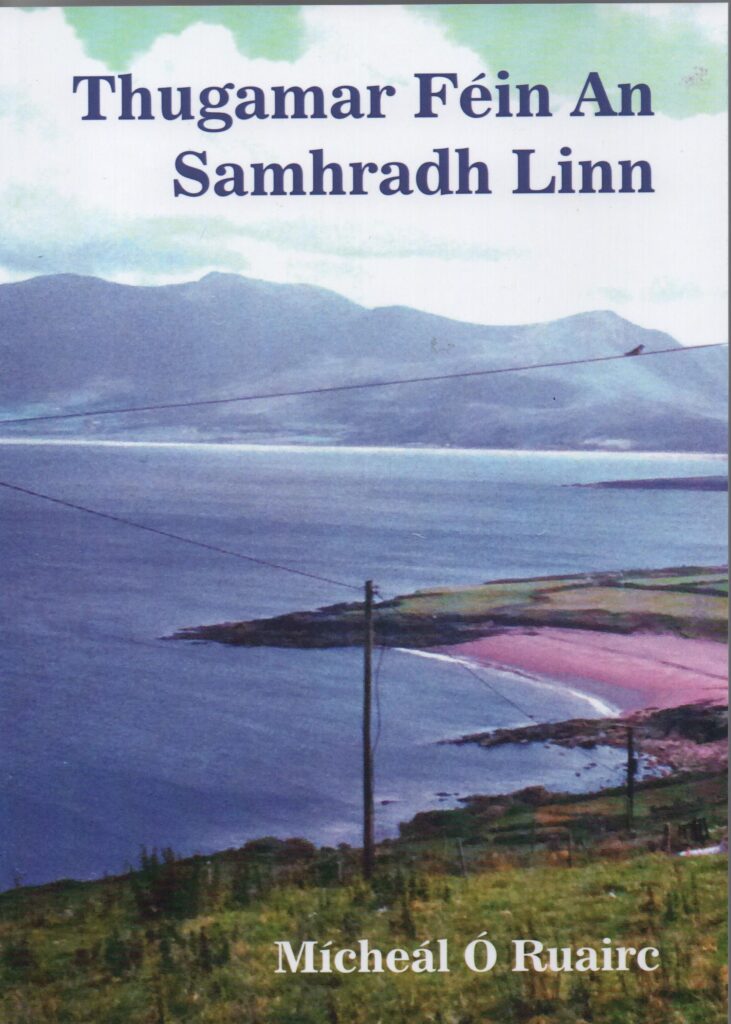
He fell in love with Cork, and his fondness for the city on the Lee has not diminished over the years. The country boy suddenly discovered cinema, bookshops and city bars and lapped them up. In this telling university life in general seems to have played a lesser part in his life and imagination than his extra-mural activities. Early university holidays were spent picking hops on farms in Kent with a mixture of local labourers, students and hippies. Ó Ruairc enjoyed hard work and a few drinks but was taken aback by the sad sight of some of the other young workers spending all they earned on drink and drugs
Much more prominent in the book is the fun he had working part-time on a Cork city farm where the work was sometimes hard, unpleasant and punishing
There is little mention of college societies, literary or political discussions or the influence of particular lecturers although a few like Seán Ó Tuama, Seán Ó Coileáin and Seán Ó Riordáin do come in for passing mention late on. Much more prominent in the book is the fun he had working part-time on a Cork city farm where the work was sometimes hard, unpleasant and punishing. At other times it provided entertainment, camaraderie and good fun. There are egg fights in the poultry house and the joy of working in the fields on a fine day, a way to clear the head in more ways than one. By the time Ó Ruairc was finishing his university studies, the farmer was happy to take him on full-time and he seriously considered taking that option rather than continue with his studies. In the end he decided to train as a schoolteacher.
Throughout the book he recalls what books he came across, often in the second-hand bookshops of Cork. He has been an inveterate reader since an early age, picking up hand-me-down copies of cowboy books and pulp fiction. Later, as his interest and appreciation of literature grew, he immersed himself in more celebrated work. He recalls particular poems and books that inspired him but doesn’t go into great detail during the first half of the book.
Later, as his interest and appreciation of literature grew, he immersed himself in more celebrated work
The second section is a collection of short essays and book reviews published over the years in a variety of Irish language publications (including the long running monthly magazines Comhar and Feasta) and gathered together here. In fact, many chapters in the first half of the book were originally published as articles in An tUltach. I can understand the choice to reproduce the original essays as chapters but I wonder if that sometimes led to an episodic rather than a more flowing feel to the narrative. The essays add to our understanding of what Micheál Ó Ruairc liked in the writing of others over forty years and remind us of many other notable books and writers. They also explain the joy Micheál Ó Ruairc derives from being a reader as well as a writer.
Many readers find it interesting to discover a writer’s background and the circumstances that may have led to him or her becoming a writer. Thugamar Féin An Samhradh Linn by Micheál Ó Ruairc goes quite a way to explaining what made him the writer he is.








